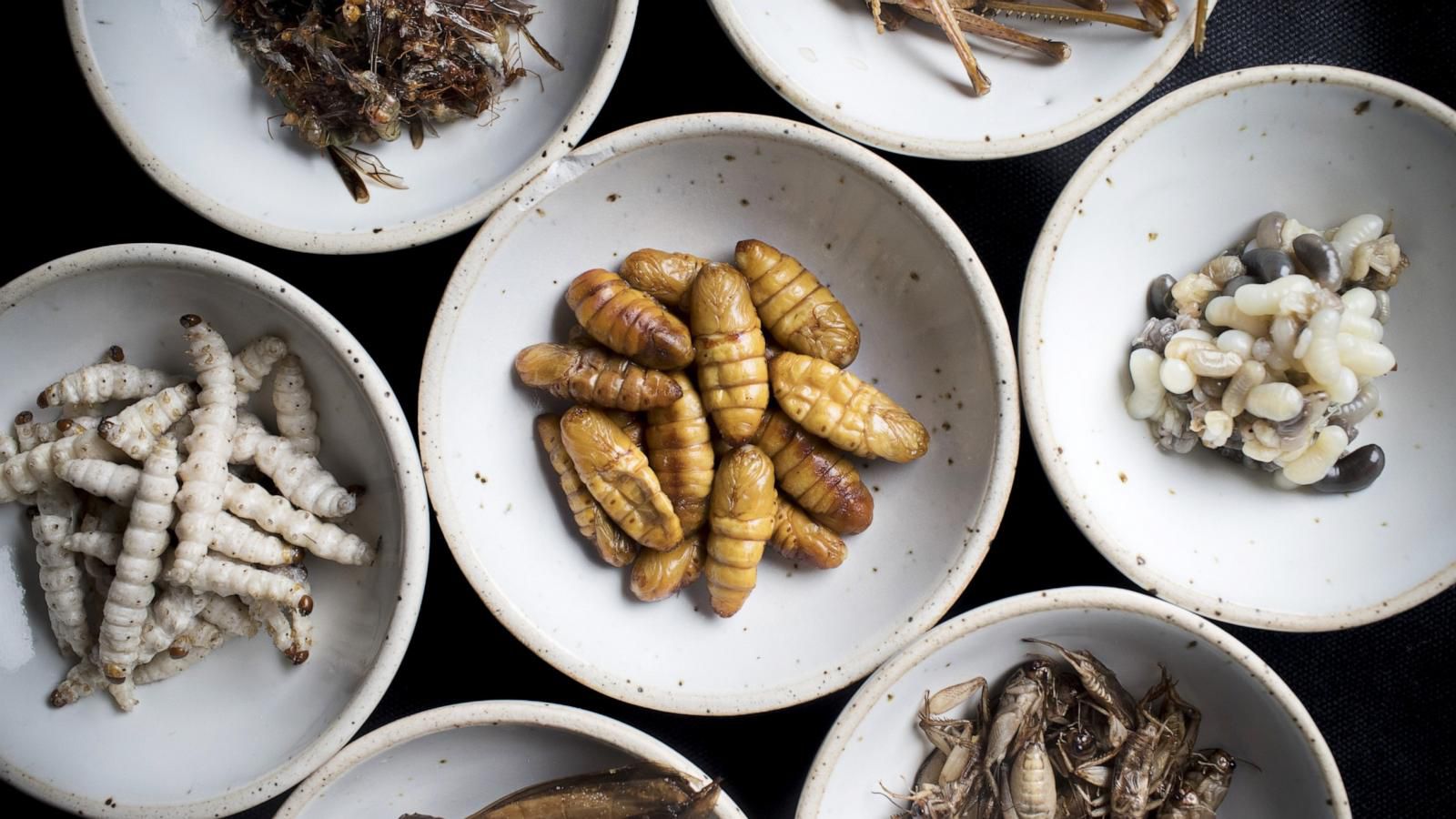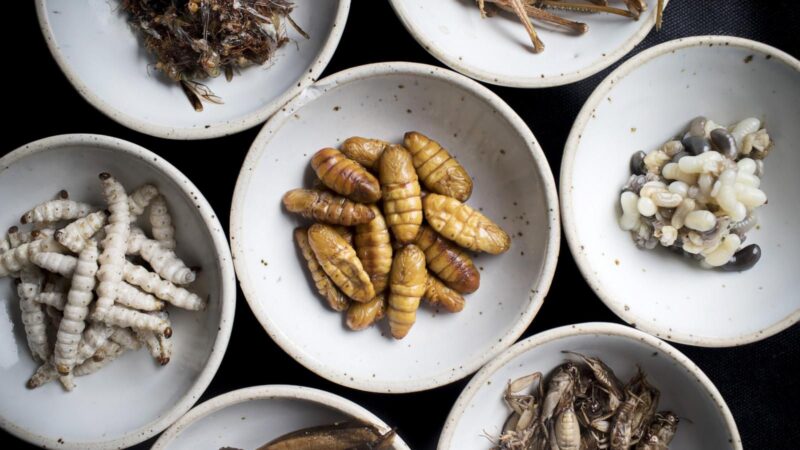
As the cost of living continues to bite, nutrition experts are urging Nigerians to explore affordable yet highly nutritious substitutes to conventional animal proteins, such as beef, chicken, and fish.
Prof. Wasiu Afolabi, former President of the Nutrition Society of Nigeria, advises households struggling with high food prices to consider locally available foods that can prevent malnutrition without breaking the bank.
“Now, as for cooking, there are alternatives. These include beans, soybeans—which can be processed—and also some unconventional protein sources, such as edible insects,” he said in an interview with Punch.
According to him, many Nigerians once consumed crickets, termites, and even toads as part of their diet, but such practices are fading among younger generations. He also recommended snails, mushrooms, lentils, and locust beans as rich and culturally familiar protein options.
ALSO READ: ‘We can’t afford rice’: Nigerians unite against proposed plan to increase President Tinubu’s salary
“Mushrooms are another good option. They are a delicacy, and they provide protein along with fibre. Soybean is especially important because it can be processed into meat analogues—plant-based products that look and taste like meat,” Afolabi explained.
He further advised that fermented locust beans, when combined with ground crayfish, can serve as a substitute for meat in soups and stews. However, he admitted that crayfish itself is becoming expensive for many families.
Adding his voice, Professor of Public Health Nutrition and Vice-Chancellor of Ave Maria University, Abuja, Ignatius Onimawo, stated that Nigerians require more nutritional education to identify affordable foods that deliver the same health benefits.
“If you do not eat meat, chicken, or fish on a particular day but you eat beans, groundnuts, or bambara nuts, you still have taken protein for that day,” he said. “It’s just that one type of protein is animal-based while the other is plant-based. Though one is a superior protein, it does not mean the body won’t survive without it.”
Both experts emphasised that with the right knowledge and a willingness to diversify diets, Nigerians can mitigate the effects of rising food prices while maintaining good nutrition.
ALSO READ: ₦70k isn’t enough – NLC, civil servants demand urgent review of minimum wage amid hardship








